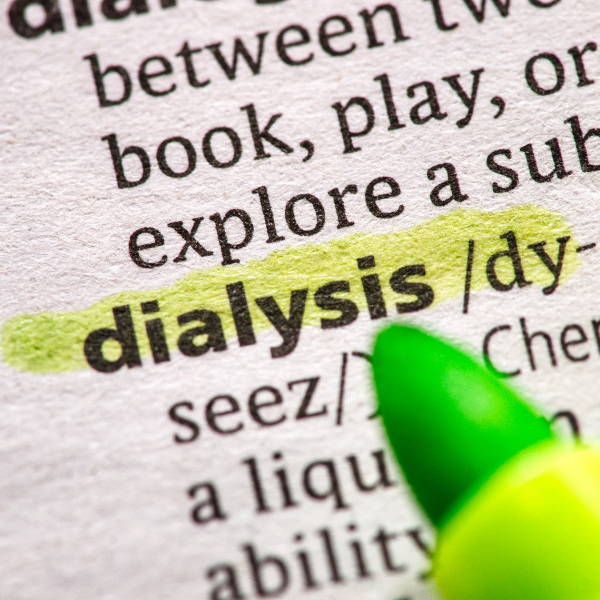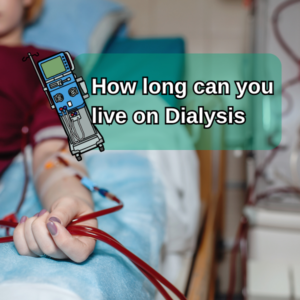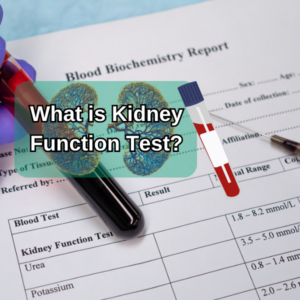+90 533 813 89 77
info@bookingforhealth.com

how do dialysis patients die
In this artice you will get some information about how do dialysis patients die
What is Dialysis?
Dialysis stands as a crucial medical procedure, intervening when the kidneys face challenges in optimal functioning.
Hemodialysis involves the blood undergoing a cleansing process through a sophisticated dialyzer, mimicking the role of an artificial kidney. On the other hand, Peritoneal Dialysis utilizes the abdominal membrane to extract waste products and excess fluids.
Acting as both a temporary measure for those awaiting kidney transplantation and a long-term solution for individuals ineligible for transplantation, dialysis offers a personalized approach to renal care.
The frequency and duration of dialysis sessions are tailored to individual needs.
how do dialysis patients die?
Dialysis patients may encounter diverse challenges influencing their long-term outcomes. These encompass underlying health issues, cardiovascular complexities, infection susceptibility, vascular access problems, nutritional deficiencies, and emotional stress. Informed discussions about potential complications and the inclusion of personalized palliative care are essential for healthcare providers and families to optimize patient well-being and align with individual preferences.
Here are several factors that may contribute to the eventual death of some dialysis patients:
Underlying Health Conditions
Dialysis patients often have underlying health issues, like diabetes or cardiovascular diseases, that caused kidney failure. These comorbidities can worsen overall health and raise the risk of complications.

Cardiovascular Complications:
Heart-related problems are a significant concern for dialysis patients. Over time, the stress on the cardiovascular system, fluid imbalances, and electrolyte disturbances associated with kidney failure can contribute to heart disease. Cardiovascular events like heart attacks or congestive heart failure are potential complications that can lead to death.
Dialysis End Stage
Physical Challenges
Fatigue: Dialysis sessions can be physically demanding, leading to increased fatigue and weakness in patients.
Fluid and Electrolyte Imbalances: Maintaining the right balance of fluids and electrolytes can be challenging, as the dialysis process can remove not only waste products but also essential electrolytes.
Emotional Challenges
Stress and Anxiety: The routine of regular dialysis sessions, dietary restrictions, and the uncertainty of health can contribute to stress and anxiety in patients.
Lifestyle Challenges
Time Commitment: Dialysis sessions, whether performed at a center or at home, require a significant time commitment. This can impact a person’s ability to work or engage in social activities.
Social Challenges
Impact on Relationships: Managing a chronic condition like ESRD can strain relationships, both with family and friends, due to the physical and emotional toll it takes.
Isolation: The time commitment and restrictions associated with dialysis may lead to feelings of isolation or limited social interactions.
Coping and Adaptation
Coping Mechanisms: Patients often need to develop effective coping mechanisms to deal with the challenges, such as seeking support from healthcare professionals, joining support groups, or engaging in activities that bring joy.



